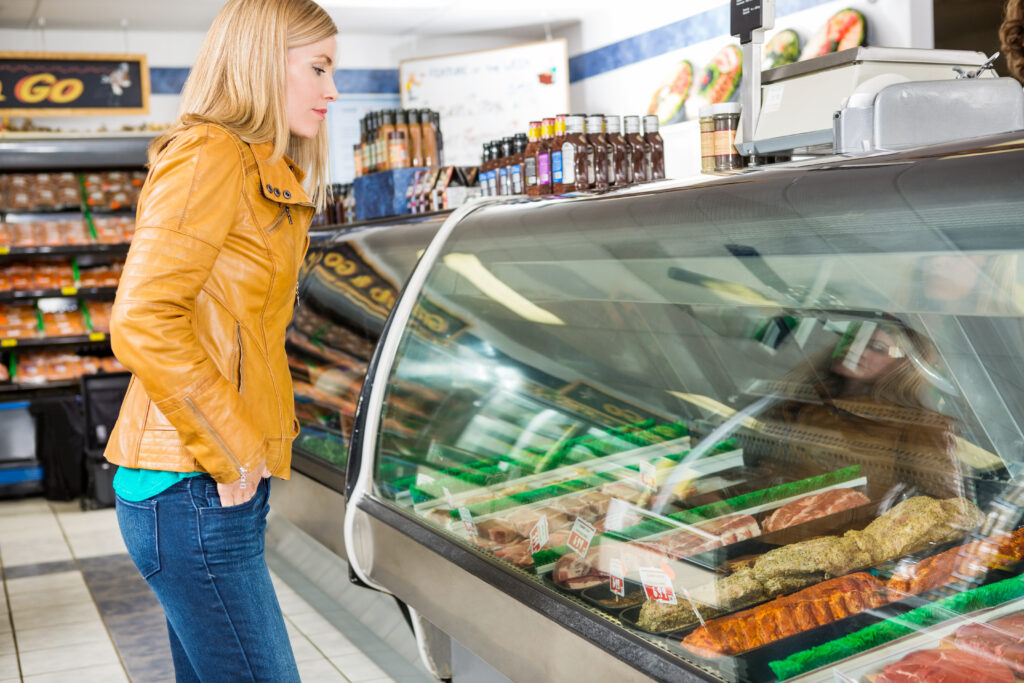
Why Coffee Shops & Foodservice Must Stay Audit-Ready
In the Bay Area and throughout California, food facilities must comply with the California Retail Food Code (CalCode) and local health department regulations. Inspectors look for improper refrigeration and ice machine sanitation. Failures in those systems can lead to food spoilage, microbial growth, or cross-contamination, which violates health codes.
This guide will walk you through the key maintenance practices that help your coffee shop or kitchen stay compliant, and what to expect during inspections for equipment like coolers, freezers, and ice machines.
Key Health Code Rules & Refrigeration Obligations
Some of the relevant code rules and regulatory requirements include:
- Under Title 17 of California regulations, refrigerant leaks must be repaired within 14 days after detection (unless an extension is granted) by a certified technician. Legal Information Institute
- The California Retail Food Code (CRFC) requires that potentially hazardous foods be maintained under proper temperature control, and that equipment be designed, maintained, and cleaned to prevent food safety hazards. deh.acgov.org+1
- Local Alameda County (and other Bay Area jurisdictions) often adopt or reference the CRFC and require plan approval and inspection of refrigeration equipment during facility plan review. deh.acgov.org
In other words: maintaining your refrigeration isn’t optional if you want to pass inspections and avoid violations, fines, or forced shutdowns.
Why Ice Machines Are a Red Flag During Health Inspections
Ice machines get special scrutiny because ice is “food” in the eyes of regulators. Contaminated or improperly handled ice can cause illness just like bad food.
Common problems inspectors look for:
- Dirty evaporator trays, bins, or internal surfaces — biofilm, mold, scale buildup
- Leaks, drips, or standing water in or around the unit
- Clogged drain lines, overflow, or backflow into the machine
- Poor water filter maintenance — letting contaminants pass through
- Using unapproved or unlabeled cleaning agents
- Ice touching unsanitary surfaces or being handled improperly by staff
Brands like True, Follett, Hoshizaki, Scotsman, Ice-O-Matic, Manitowoc are common in Bay Area foodservice. All need regular cleaning and service to pass inspections.
How Maintenance Protects You & Your Customers
Here’s what proactive maintenance does for your coffee shop or restaurant:
- Clean condenser coils & fans → Prevents overheating and bacterial growth (monthly or as recommended).
- Sanitize ice machine bins, trays, and internal parts → Removes biofilm, scale, and mold (quarterly or per manufacturer’s instructions).
- Clean or replace water filters → Ensures water purity and prevents microbial contamination (every 3–6 months).
- Check door gaskets and seals on coolers & freezers → Keeps proper cold chain intact and stops warm air from entering (monthly).
- Inspect refrigerant levels and perform leak tests → Maintains proper cooling and meets legal requirements under Title 17 (annually or after service).
- Monitor and log temperatures → Provides evidence of compliance for inspectors (daily).
Regular attention to these areas helps prevent health code violations, protects your customers, and extends the life of your equipment.
What Happens During a Health Inspection
When inspectors come through:
- They will check your temperature logs for coolers, freezers, and ice (typically must be under 41°F for refrigerated foods).
- They may open doors, inspect internal surfaces, gaskets, drain pans, and look for mold or slime.
- They will ask about your maintenance schedule and proof you’ve cleaned and maintained equipment.
- Any visible mold or scale buildup, or inconsistent cooling, is a red flag for violations.
- If there’s a refrigerant leak or mechanical failure, they may issue an order to repair immediately.
If your systems are clean, well-maintained, and logged, inspectors will likely focus on other areas. Poor refrigeration is one of the easiest violations to avoid.
Why Hiring a Professional Routine Maintenance Program Matters
Many operators try DIY cleaning or wait until failures. That’s risky. A professional maintenance plan from East Bay Refrigeration ensures:
- Experienced, certified technicians who know foodservice refrigeration
- Proper sanitizing agents and techniques without damaging equipment
- Preventive detection of small issues before they turn into health violations
- Documentation & service logs you can show to inspectors
- Better equipment longevity, fewer emergency repairs, and smoother operations
Because when you have to shut down due to a violation, the costs can be far greater than regular maintenance.
Final Thoughts
For coffee shops, cafés, cafeterias, and restaurants in the Bay Area, refrigeration and ice machines are mission-critical, not just for quality, but for compliance. Regular cleaning, temperature logging, leak repairs, and professional maintenance help you satisfy inspectors, protect your customers, and keep your operation running smoothly.If you’d like help getting your facility inspection-ready and setting up a reliable maintenance schedule, we can help. Contact East Bay Refrigeration today to discuss our commercial maintenance plans and stay ahead of health code issues.